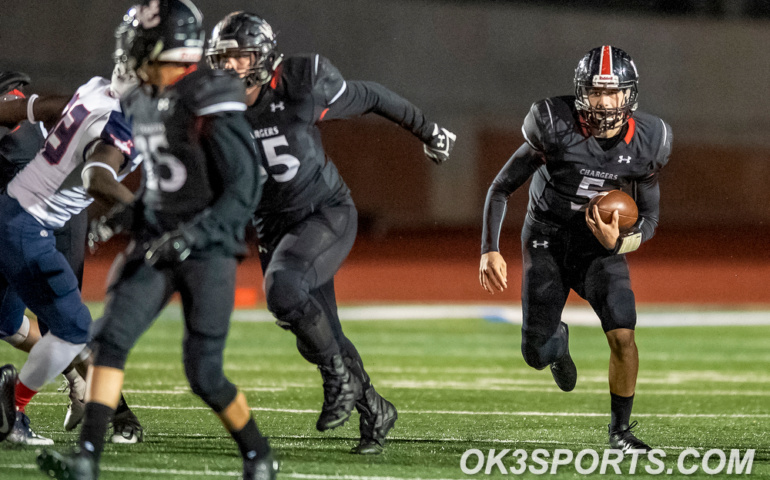


Eight days later, France signed an armistice that left Germany in possession most of France, along with the bulk of Western Europe.īefore the Japanese attack on Pearl Harbor on 7 December 1941, Churchill consistently sought to bring the United States into the war. Their “getting to know you” phase shifted into high gear when Churchill became Prime Minister on, now signing his messages, “Former Naval Person.” By June 14th, the Germans had taken Paris, which the French had declared an open city. Whole books have been written of their relationship, which reflected and refracted all stages of the war. (Intelligence warned that a bomb might have been placed aboard during her stop at Queenstown, Ireland but no explosion occurred.) The President’s motive was straightforward: thinking that Churchill might become prime minister, FDR wanted to “keep my hand in.” By the time the war’s end approached, in mid-1945, he and Churchill had exchanged nearly 2000 messages and letters. Roosevelt followed up with a telephone call to Churchill about a rumored threat to an American merchant ship, USS Iroquois. Churchill enthusiastically took up the task, writing from the Admiralty, and adroitly signing his messages, “Naval Person.” His own relationship with FDR was ambiguous, having bottomed in early 1938, when Roosevelt had offered to mediate a European settlement and was pointedly rejected. secret) “pouch.” While agreeing that Churchill might keep in touch, Chamberlain himself did not open a correspondence. 2 A week later, the president suggested that Churchill and the prime minister (Chamberlain) “keep me in touch personally” using the diplomatic (i.e. Secretary of the Navy) on 3 September 1939. But their personal exchanges really began when Churchill became First Lord of the Admiralty (roughly equivalent to the U.S. They had met briefly in 1917 and Churchill had entertained the President’s son at Chartwell and had sent FDR his Marlborough volumes. However much Americans may have credited FDR for his New Deal policies, the two-term “tradition” and voter fatigue would likely have prevented him from running for third term in office-had the world remained at peace. Churchill, who had come to support rearming and a tougher line toward Hitler, was rescued from the back-benches of Parliament after Germany ignored the agreements made at Munich, occupied Czechoslovakia, and attacked Poland in September 1939. World War II provided that public challenge for Churchill, and offered Roosevelt an additional opportunity for historical prominence.Ībsent the war, neither Churchill nor Roosevelt would have led their countries in the 1940s.

A personal challenge can be large, but it is essentially private. Public greatness is an enormous challenge. Yet before the war, Churchill, despite his huge public persona, seemed destined to be remembered as just another of minor ministers who populated British governments, though his writings would have raised him above the pack. The Great Depression, and Roosevelt’s response to it, fixed his place in history. 1Ī unique feature of that war was the first significant historical connection between a British prime minister and an American president. The Second World War was the sine qua non for saving much of the world from another descent into dystopian barbarism. Perhaps that empire would have collapsed from the pressures of over-expansion, but even a relatively brief Nazi rule would have been horrible. As the conqueror and owner of Europe, Hitler’s Germany would have had the resources to dominate the Mediterranean, to control the Middle East, and threaten the Western Hemisphere. The immediate danger-military, economic, cultural-was to European civilization, but a Nazi-controlled Europe would have threatened much more than just the West. There has been no greater threat to civilization in the 20th century than Nazi Germany. We focus accordingly on the circumstances that brought Churchill and Roosevelt together, their key points of agreement and disagreement, and a list of the best current works for students and readers to consider.
#Churchill roosevelt football story series#
Note: To cover this long and complex relationship would take far more space than the summary format of our “Churchill and the Presidents” series allows. Franklin Delano Roosevelt (4 March 1933-12 April 1945) He did not meet all of them, as she has but you can trace their influence on his thought and principles as you read.


 0 kommentar(er)
0 kommentar(er)
